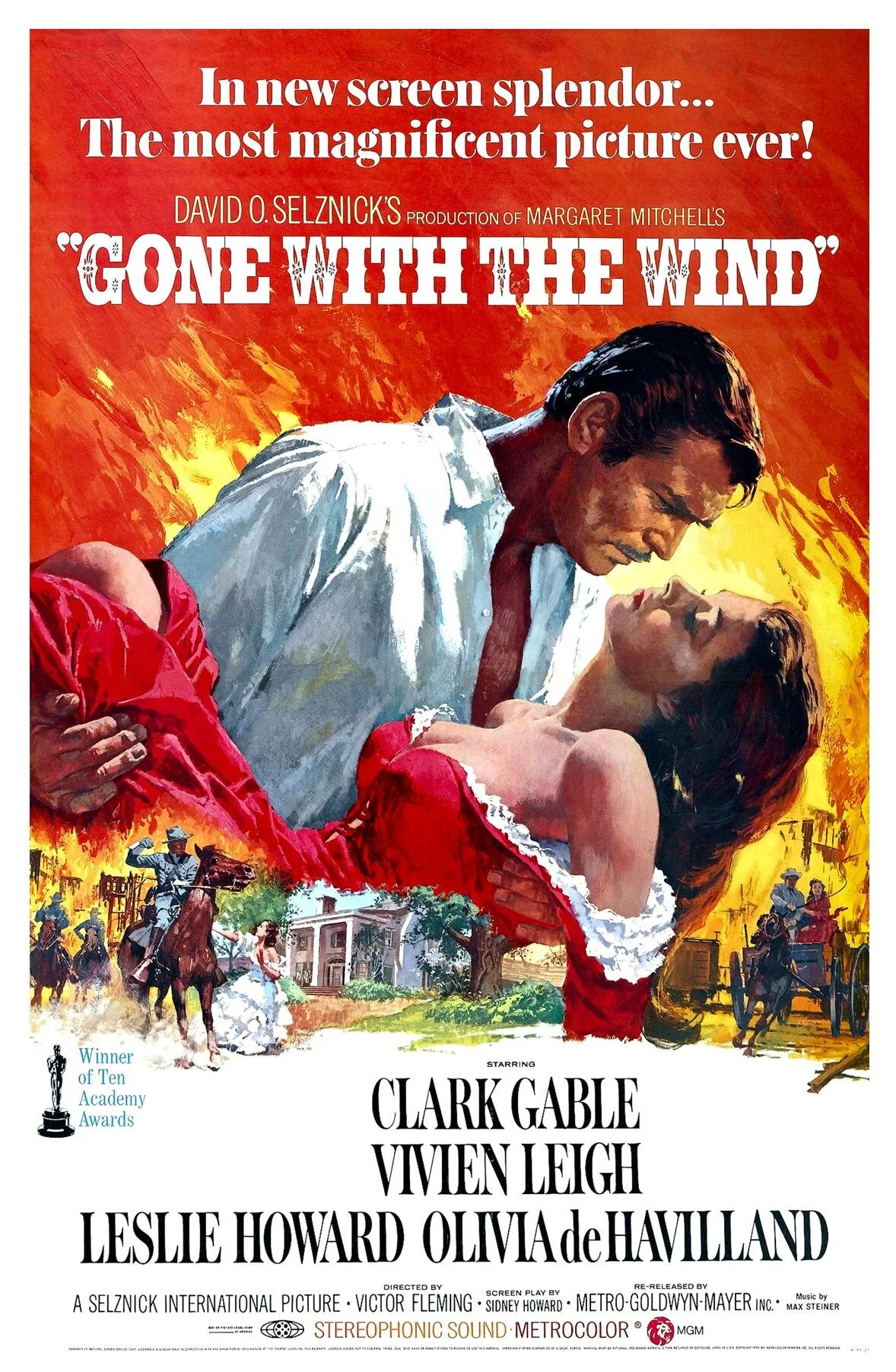Rebecca (1940)
Written by Robert E. Sherwood & Joan Harrison
Directed by Alfred Hitchcock
I have been a fan of Alfred Hitchcock films for a long time. I’ve seen many (but not all) of his “classic” films, the films one normally thinks of when discussing his work: Psycho, Rear Window, The Birds, and many others. I’ve also seen many of his not-so-well known films (Stage Door or Strangers on a Train come to mind here). I’ve enjoyed many of these, but there was one that eluded me for a long time, until now.
Rebecca is a Hitchcock film that I always said I’d get to one day, and thankfully this marathon allowed that to happen. Rebecca is the only Hitchcock film to win Best Picture, and only one of four to even be nominated for the award. As such, I was intrigued by what Rebecca might hold. I came away from the film feeling perplexed.
Joan Fontaine and Laurence Olivier
The plot itself is pretty straightforward, once one has time to process it. The titular Rebecca is actually never once seen on screen, being the deceased wife of Laurence Olivier’s Max. He meets and marries Joan Fontaine, whose character is never given a name (yes, really). Once Fontaine moves into Max’s mansion, Manderley, Max’s memories of Rebecca reappear, fueled in large part by the machinations of Manderley’s housekeeper, Mrs. Danvers.
Judith Anderson as Mrs. Danvers
What follows is something between a detective story and a ghost story, and it’s here I feel the film stumbles. As a detective story, it’s hard to get emotionally attached, as Rebecca is never given a physical presence, other than her belongings. One doesn’t care about the outcome of who potentially did what to her, because we don’t know her. As a ghost story, it holds up better, but once one realizes that Mrs. Danvers is just simply obsessed with Rebecca, that angle falls apart. In short, the film seems to try to be two different films at once, and doesn’t really succeed at either.
What the film lacks in plot coherence, it makes up for in performance. Olivier is charming and tortured as Max, and this is actually the first time I’ve ever seen a performance by this highly-lauded actor. It’s a great performance, in spite of the material; there are more films coming up that feature him, and I’m very excited to see those. Unfortunately, Fontaine doesn’t really get much to do, bizarrely so for a leading lady, and knowing Hitchcock’s fondness for them. Every time she gets a backbone, it’s shattered instantly by...well, nothing, most of the time. By the end, she’s almost a bit player in the overall plot, relegated to the sidelines of Max and Rebecca’s story. Having said that, her delivery of “I am Mrs. de Winter now” was spot-on perfection.
Mrs. Danvers mentally tortures Joan Fontaine’s unnamed character
By far, the best performance belongs to Judith Anderson, as Mrs. Danvers. Her mere presence is so delightfully creepy and ominous that she pervades the film nearly as much as the specter of Rebecca does, even when she isn’t on screen. Her blind devotion to Rebecca, even in death, is unsettling, and she is a wicked delight to watch.
Cinematically, the film is pretty standard: Hitchcock is known for experimenting with the camera, but there isn’t much of that here, except for in the final scene. There’s a wonderful shot of falling timbers within a burning building, which look amazing as they fall, gracefully and deadly, toward the camera. It’s a great hint at what we can expect from Hitchcock’s later films.
Overall, this film wasn’t a huge disappointment, it just didn’t quite live up to what I had expected after all these years. It still has some great performances, and I do believe it’s required viewing for any self-respecting Hitchcock fan.
FINAL GRADE: B-





